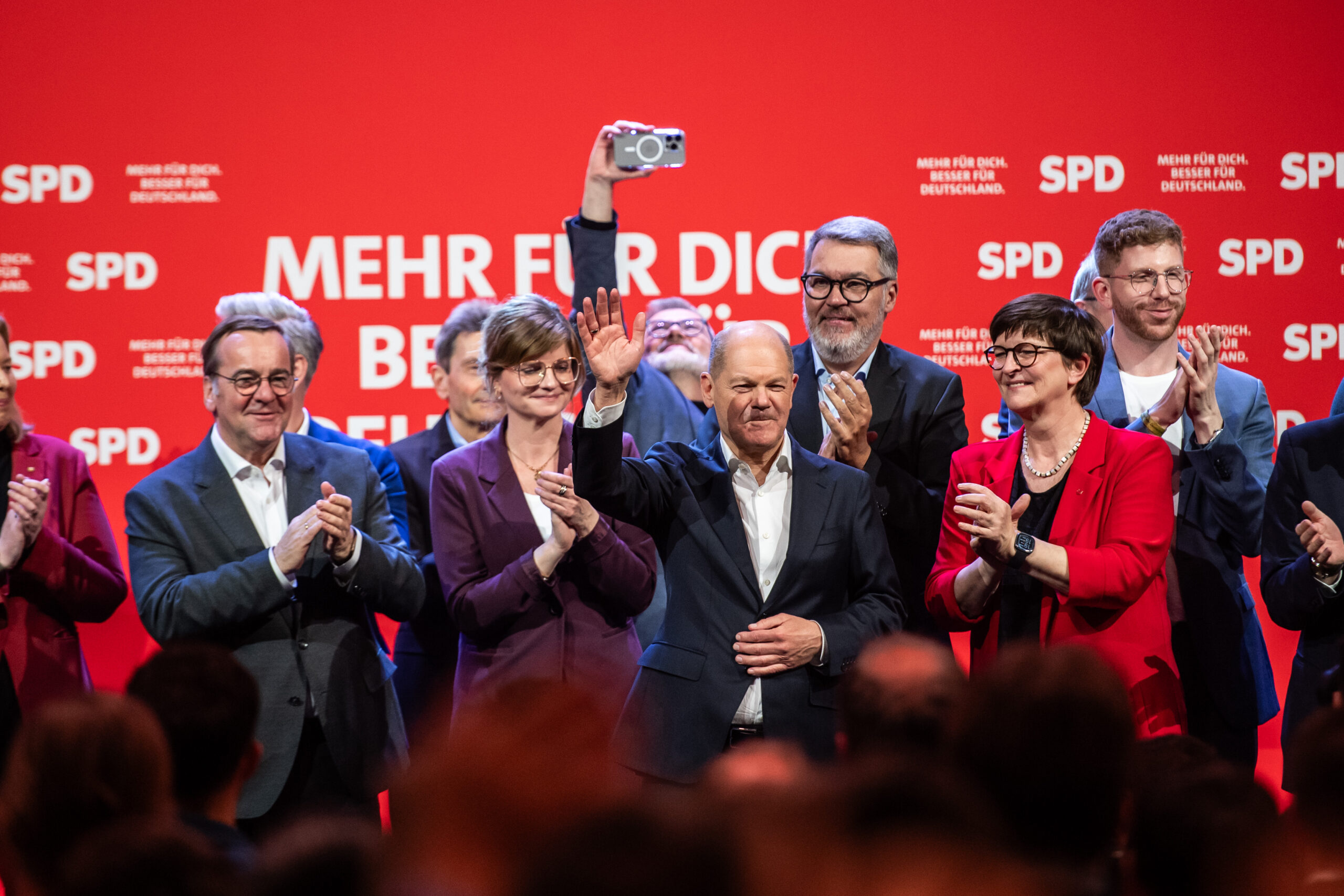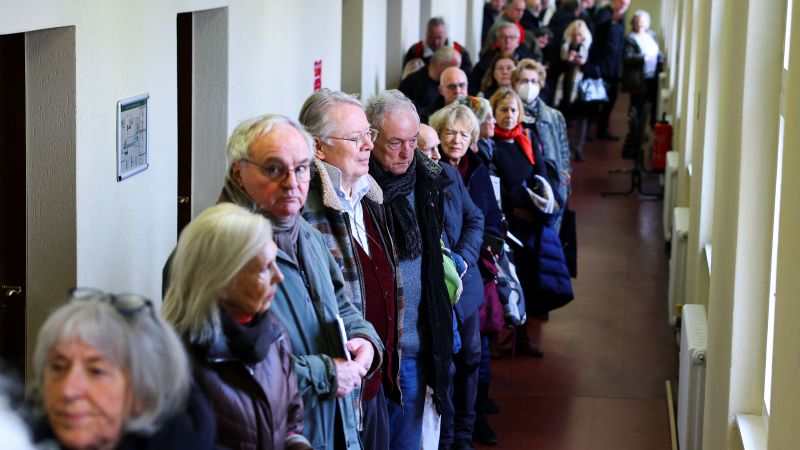Germans Vote in Pivotal Election Amid Controversy and Rising Far-Right Influence
National elections in Germany could see the rise of the far-right AfD while establishing a new governing coalition under the CDU's Friedrich Merz.
Overview
Germans head to the polls in a crucial election, likely leading to a change in chancellorship. Controversies include Elon Musk's endorsement of the far-right AfD, which has surged in popularity amid concerns over immigration and economic stagnation. CDU leader Friedrich Merz aims for a governing majority while navigating political tensions and public protests. Coalition dynamics remain complex, especially regarding the potential role of the AfD and other parties post-election.
Content generated by AI—learn more or report issue.

Get both sides in 5 minutes with our daily newsletter.
Analysis
Analysis unavailable for this viewpoint.
Articles (3)
Center (0)
No articles found in the Center category
FAQ
The main issues influencing the German election include the economy and immigration/integration, with concerns about peace and security also being significant.
The CDU's recent cooperation with the AfD on an anti-migrant resolution has sparked controversy and potentially complicated coalition talks with other parties, despite the CDU's official stance against working with the AfD.
Elon Musk has boosted the AfD by addressing an AfD rally via video and interviewing the AfD leader on his podcast, which has contributed to the party's visibility and influence.
The CDU is projected to win the most seats, followed by the AfD. The SPD and Greens are also expected to play significant roles in forming a potential coalition government.
History
- This story does not have any previous versions.


